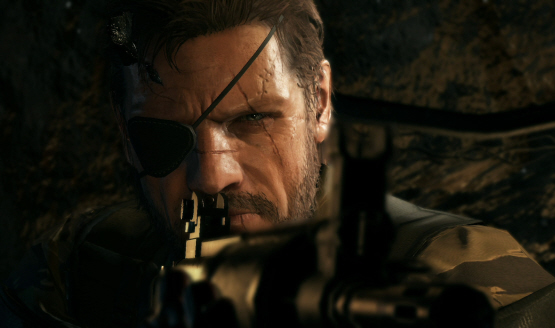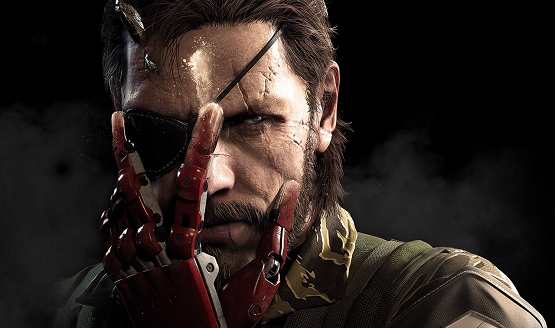
When Konami released Metal Gear in 1987, nobody would’ve predicted that the series would still be going strong 30 years later. It’s truly incredible how well the series has been able to adapt with the times. No matter if it’s in 2D or 3D, linear or open-world, the series has shown a penchant for being phenomenal. In an ever-changing industry, Metal Gear has been the rare constant.
Despite this, the beloved series is now in a strange state as Konami attempts to move forward from the departure of series creator Hideo Kojima. There’s no doubting that losing a visionary like Kojima is a blow to the publisher, but there’s still a good chance that Metal Gear can persist just like its iconic protagonist Solid Snake. Before looking at the series’ future, let’s celebrate Metal Gear‘s 30th anniversary by taking a look back at 30 years of tactical espionage action.
A Brief History of Metal Gear
Despite being synonymous with PlayStation systems, the Metal Gear series debuted on a Microsoft console. The original Metal Gear featured a lot of the ideas that players would become synonymous with the series as Solid Snake infiltrated a base, got advice by radio communication, and players found out that the ultimate sneaking tool was a cardboard box. It was followed up by a sequel in 1990, and then the series took an eight year hiatus.
While fans of the original games had to wait a few years for another entry, it’s safe to say that Metal Gear Solid was worth it. The iconic PlayStation title showed that the series couldn’t only make the transition to 3D, but also thrive due to a new sense of freedom offered up to the player. It featured a highly cinematic story that set new bars for production values in gaming, memorable boss fights that are still incredibly fun to play today, and some of the best graphics seen on the PS1.
Metal Gear Solid ended up being a huge success for Konami, and fans were excited to continue Solid Snake’s adventures in Metal Gear Solid 2: Sons of Liberty. Much to everyone’s surprise, that wasn’t exactly the case. Sure, Snake still appeared in the 2001 PlayStation 2 release, but players took control of a new protagonist named Raiden for the bulk of the game. It was an incredible twist by Kojima, and it cemented that nothing was for certain when it came to Metal Gear Solid.
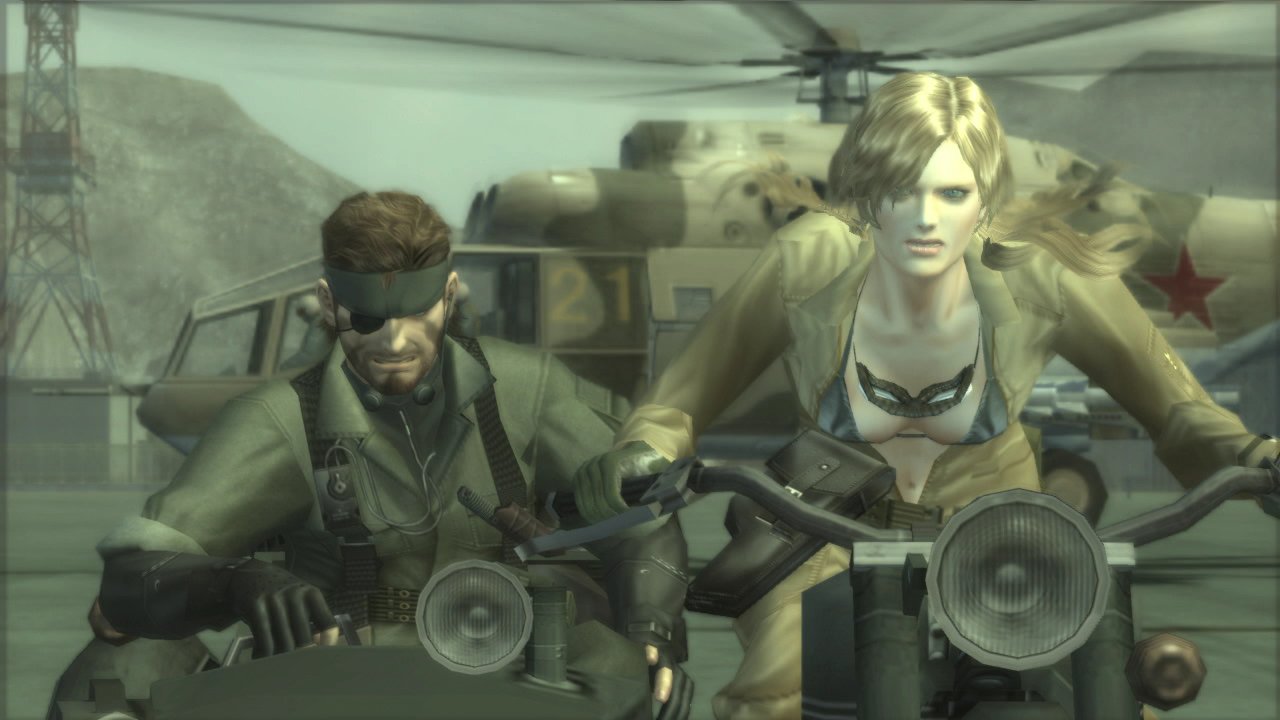
Continuing to buck player expectations, Metal Gear Solid 3: Snake Eater was not only a prequel that took place 40 years prior, but also introduced a number of new gameplay systems. Players had to heal the injuries of Big Boss, cook food in order to not starve, and use camouflage in order to hide from enemies. While not everyone loved these changes, it irrefutable that it resulted in one of the most memorable experiences on PlayStation 2.
A number of portable spin-offs would follow, as the series became one of the key selling points for the PlayStation Portable, but Metal Gear Solid 4: Guns of the Patriots would mark Metal Gear‘s debut on PlayStation 3. It also signified the end of an era, as the game starred a rapidly aging Solid Snake on his final mission. It was a fitting closing point for the series, and wrapped up the core story arc rather nicely.
But a successful series never truly ends, and just two years later the series would continue with Peace Walker, the first PSP Metal Gear game directed by Hideo Kojima. After another spin-off in the form of Metal Gear Rising, Kojima would release his final game in the series he created with Metal Gear Solid V. It was quite the way to go out, though, as The Phantom Pain ended up being one of the best games of 2015, and proved that Metal Gear could adapt to the new demands of replayability and open-world gaming. It proved that there’s still a future for the series, and innovation to be found within it.
Ludography
The Future
The short term future of Metal Gear is known as a team is hard at work on Metal Gear Survive. The cooperative action game is definitely a departure for the series, but it’s also a blast to play if what we saw at E3 was any indication. Its release will be extremely telling, as it’ll tell us if players are willing to forgive Konami’s recent stream of bad press. Consumers will have a chance to vote with their wallets, but will they miss out on a good game due to their own personal feelings?
The series’ future beyond Survive is much less clear. There’s a number of ways it could go, including a hiatus, but it would also make a lot of sense for Konami to keep the Metal Gear brand active. It’s one of gaming’s most popular series, and that means there is money to be made. I wouldn’t be shocked to see additional remasters, or even a remake of prior games in the impressive Fox Engine, in the short term. Either way, it’ll be interesting to see what Konami’s next moves will be.
30 Years of Metal Gear
-
Metal Gear (1987)
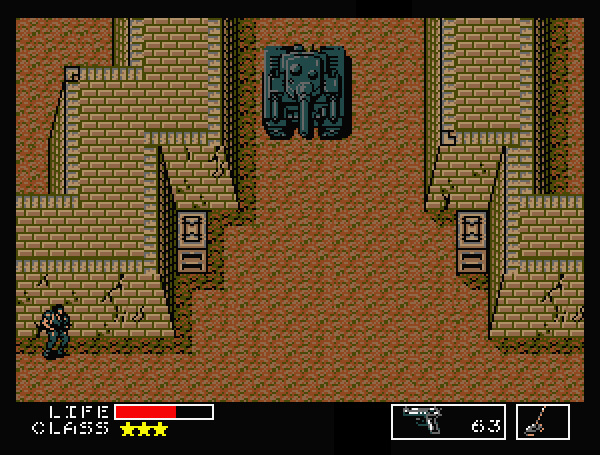
Originally released for the MSX2 in 1987, PlayStation owners weren't able to play the original Metal Gear until the release of Metal Gear Solid 3: Subsistence in 2005. While it may be 30 years old, a lot of the series' key features (such as stealth mechanics and using radio communication) were established here. It's surprising how well it has held up over the years, and is a testament to Kojima's everlasting design.
-
Metal Gear 2: Solid Snake (1990)
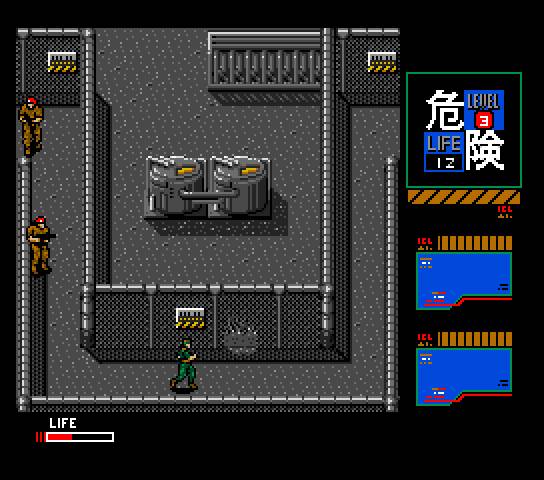
Never released in America until 2006, Metal Gear 2: Solid Snake was the MSX2 sequel to the original (and shouldn't be confused with Snake's Revenge for the NES). If the first game set the template for the series, the sequel perfected it. It features a better story than the original game, and more mechanics (such as being able to crawl) allowed players to sneak around better than ever before. It was a 2D marvel, but also one that would be the series' last release for eight years.
-
Metal Gear Solid (1998)
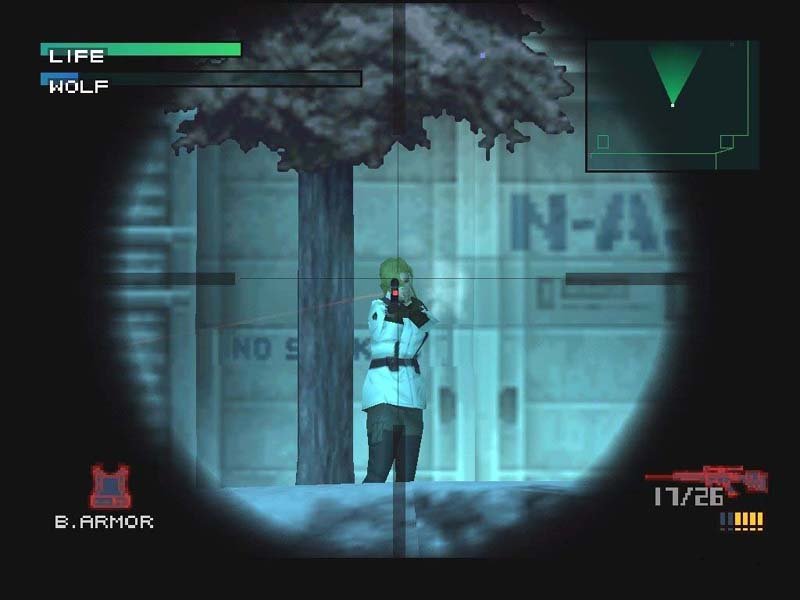
Nobody could've expected that a new 3D entry in the series would make it one of the most popular gaming franchises in history, but Metal Gear Solid did just that. Gaming technology had improved to a point where Kojima's vision could be realized, and the incredible PlayStation title proved a new high point in terms of in-game cinematics and interactive storytelling. On top of its phenomenal narrative, it also featured top-notch gameplay, and innovative sequences that toyed with what could be done within the medium (such as Psycho Mantis reading players' memory cards).
-
Metal Gear Solid: VR Missions (1999)
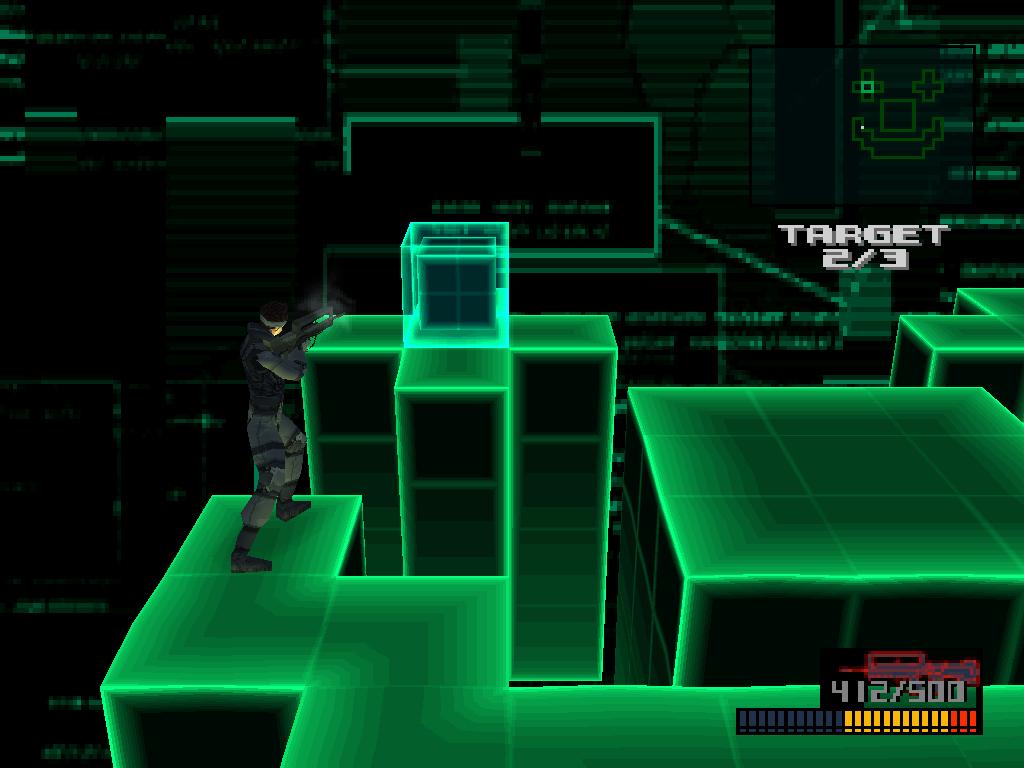
MGS proved to be such a success that Konami released an enhanced version called Integral the year after. The three disc set also featured a set of 300 VR training missions, which would be released as Metal Gear Solid: VR Missions in North America. Players couldn't get enough of the series' tactical espionage action, and Konami was more than happy to serve it up to players.
-
Metal Gear Solid 2: Sons of Liberty (2001)
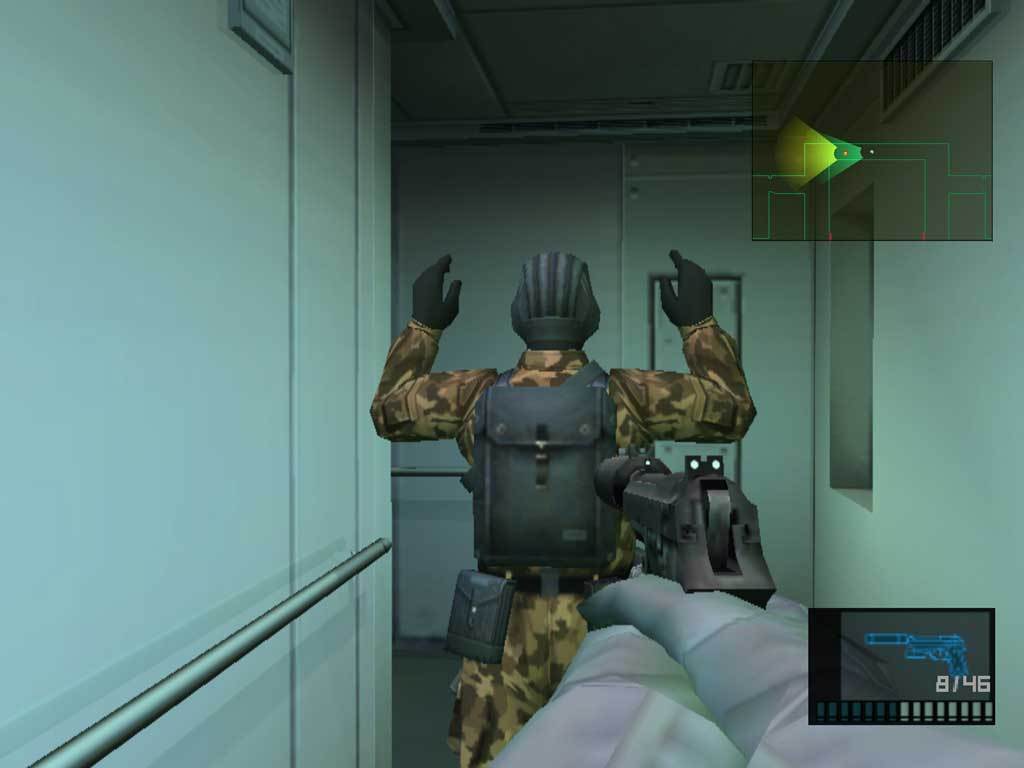
Two years later the follow-up to the original would release on PlayStation 2, and it came with a number of surprises. Much to the shock of fans anticipating another adventure starring the ultimate cool guy protagonist Solid Snake, Metal Gear Solid 2: Sons of Liberty didn't actually star him! Instead it was an incredible bait and switch as players controlled a new protagonist named Raiden through the game's incredible story that becomes more relevant with every passing year. This move enraged some fans at the time, but its true genius has definitely been recognized in retrospect. An enhanced version of the game, called Substance, was released in 2003.
-
Metal Gear Solid 3: Snake Eater (2004)
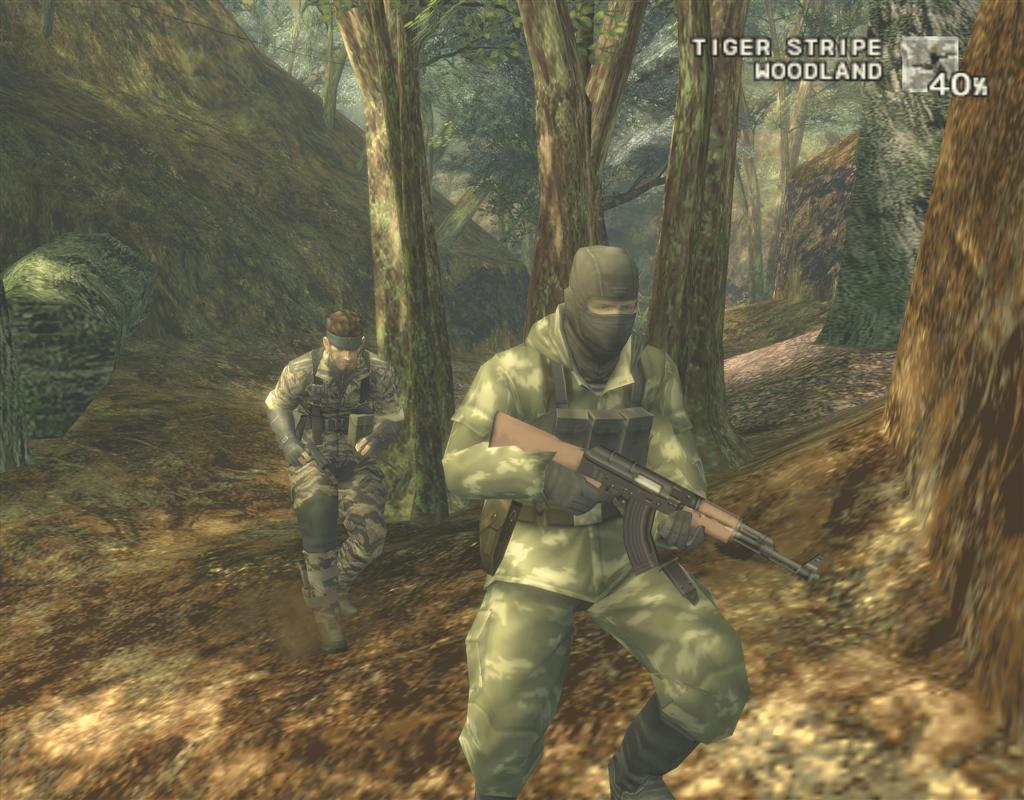
Hideo Kojima isn't one to give players what they want, but rather what they need, and Metal Gear Solid 3: Snake Eater is a classic example of that. While fans were dying to know what Snake and Otacon were up to next, the series instead went forty years into the past to focus on the exploits of Big Boss. This move worked on a multitude of levels as it allowed Kojima to craft an incredible spy thriller that took advantage of tensions brought on by the Cold War, while also providing key backstory to the series' world. The original 2004 release of the game featured some issues, though, but the difficult to manage camera was fixed in 2006's Subsistence.
-
Metal Gear Acid (2004)
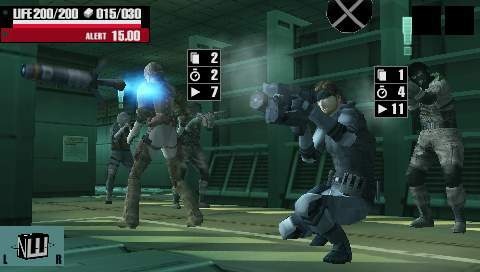
2004 also marked the year that the series debuted on PlayStation Portable in Japan as Metal Gear Acid released. This card game turned the stealth series into a turn-based RPG. A lot of fans were disappointed at the time (due to it not being a full-fledged MGS game), but those with an open mind found a lot to like. Acid has remained a cult classic ever since.
-
Metal Gear Acid 2 (2005)
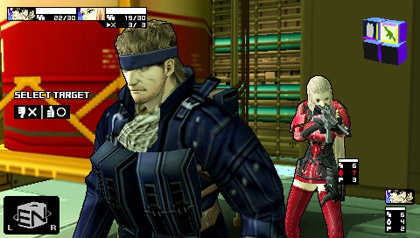
The original game was one of the early hits for the PSP, and a sequel (appropriately called Metal Gear Acid 2) was released the next year. It kept the same card gameplay of the original, but also added new mechanics that made it an even better experience. It also debuted a gorgeous looking cel-shaded art style that has helped it stand the test of time.
-
Metal Gear Solid: Portable Ops (2006)
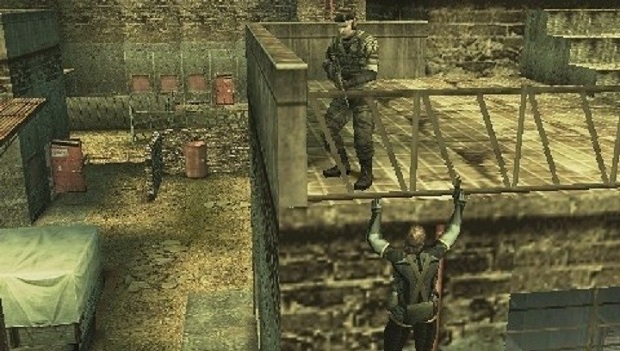
Fans that wanted a full-fledged MGS game on the go were finally satisfied in 2006 as Metal Gear Solid: Portable Ops released for Sony's handheld. The game was a technical marvel at the time, but has become the black sheep of the series due to Hideo Kojima only working on the game as a producer. The game is worth playing for any fans of the series, but it has essentially been retconned by the games that followed.
-
Metal Gear Solid 4: Guns of the Patriots (2008)

The reason why Kojima wasn't involved in the development of Portable Ops was due to him being hard at work on Metal Gear Solid 4: Guns of the Patriots. The highly anticipated PS3 exclusive finally released in 2008 to critical acclaim, and was a fitting end to Solid Snake's story. It also tested the patience of some gamers, as its lengthy cutscenes came under scrutiny, and caused debate at the time. Looking back, the controversy it stirred looks rather silly, but it also shows how much further gaming has come as a medium as players are more accepting now of cinematic storytelling.
-
Metal Gear Solid: Peace Walker (2010)
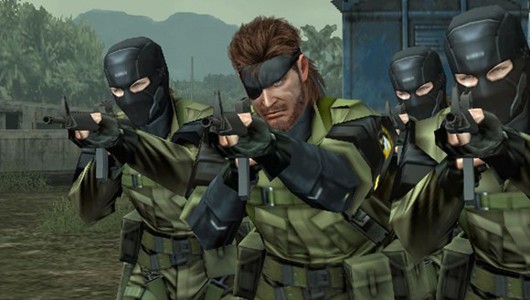
While Solid Snake's story was done, there was plenty of Big Boss' backstory to explore. Metal Gear Solid: Peace Walker did just that on PSP, and adapted the series' signature stealth action to a mission structure. This would set the stage for what would follow on consoles, and was compared heavily to Monster Hunter at the time of release. It's quietly become one of the most beloved titles in the series, and is the favorite title of many gamers thanks to its HD rerelease in 2011.
-
Metal Gear Rising: Revengeance (2013)
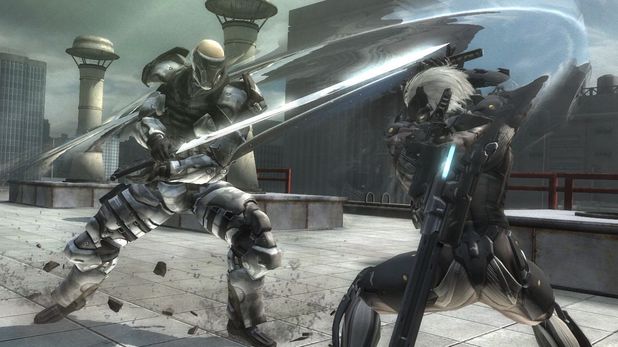
The next game of the series was a divisive one, as Metal Gear Rising: Revengeance was an action title starring Raiden. The Platinum Games developed game was largely criticized for its short playtime, as the full-priced product could be completed within just a few hours, but also managed to win over plenty of players due to its difficult to master combat. It's the rare title in the series that isn't universally beloved, but one that did show that the series had a future beyond Kojima.
-
Metal Gear Solid V: Ground Zeroes (2014)
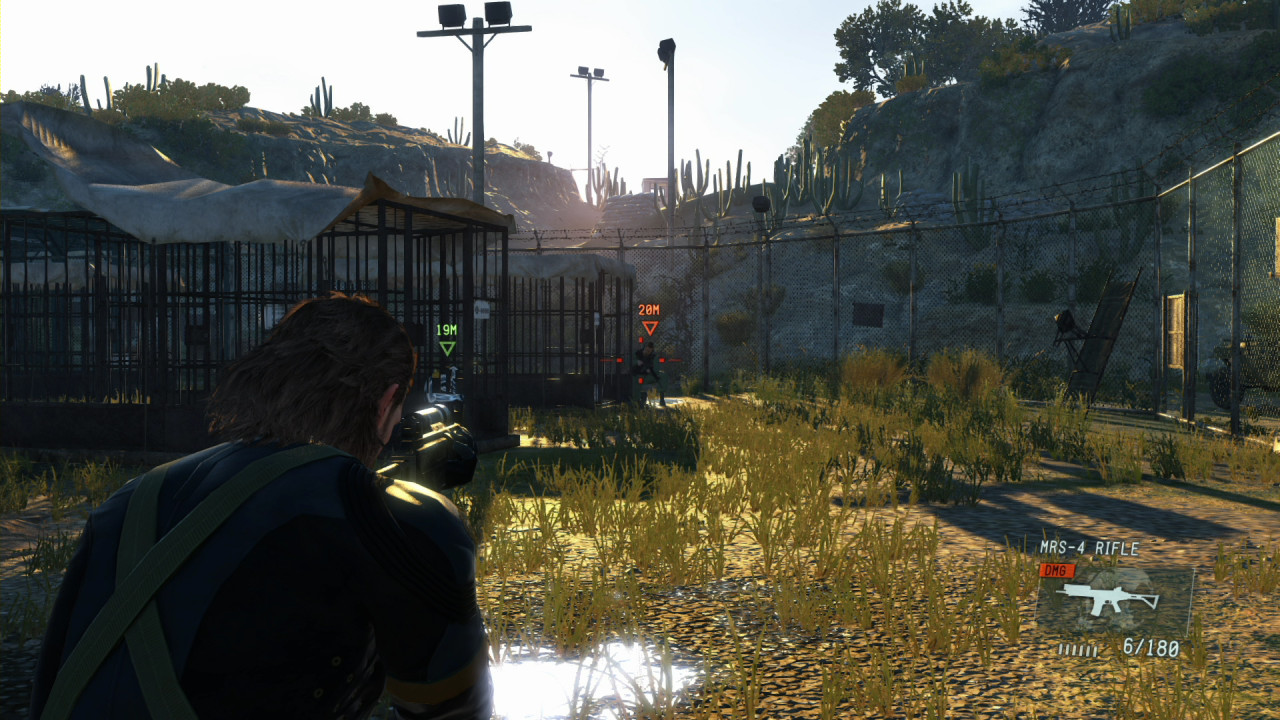
The next full-fledged console outing was split into two titles, and the first of which, Metal Gear Solid V: Ground Zeroes, released in 2014. This replayable prologue allowed players to get used to MGS V's incredibly refined gameplay before The Phantom Pain releassed. It was the first time that the series played as good as the story that drew players in, and marked a new high point in terms of gameplay.
-
Metal Gear Solid V: The Phantom Pain (2015)
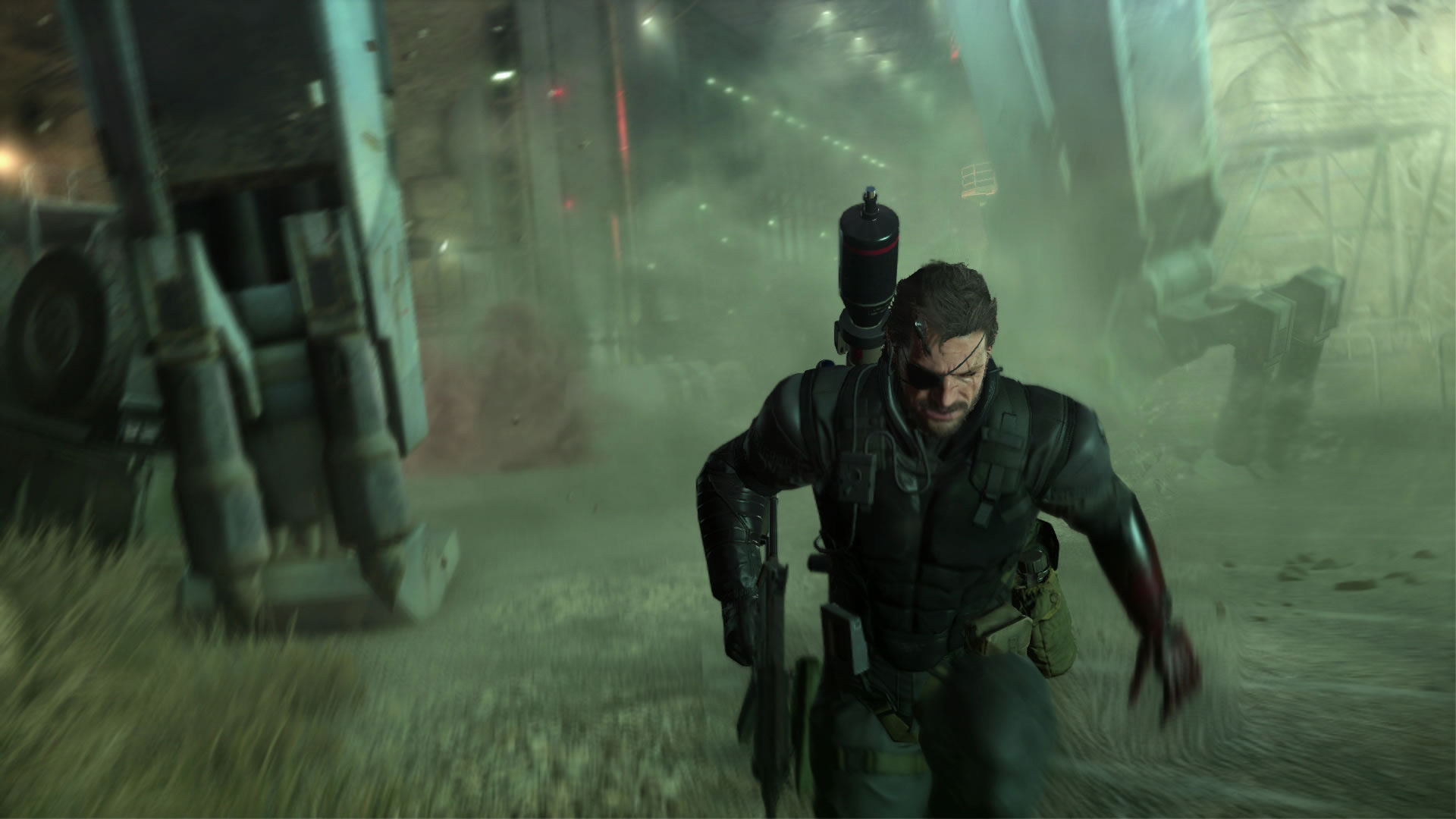
The next year, Metal Gear Solid V: The Phantom Pain released and took the series in a new open-world direction. Adapting the mission structure from Peace Walker was a controversial choice, as some missed the linear structure of past games, but it also allowed Kojima to do something new in his last game in the series. For the most part, the changes paid off as its one of the best playing PlayStation 4 titles. It also features one of the most shocking twist endings ever, and the main series ended on a phenomenal high note.
-
Metal Gear Survive (2018)
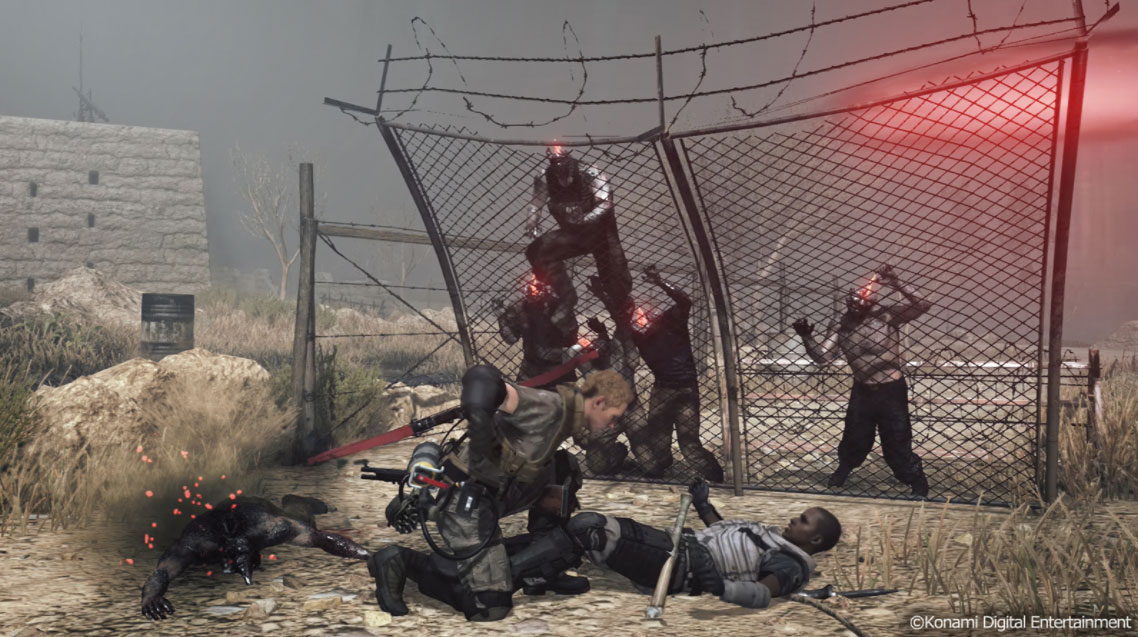
While Kojima may no longer be at Konami, the series is still going to continue in some form. The next title to feature the Metal Gear name is a cooperative spin-off called Metal Gear Survive. While it's easy to dismiss as a cash grab from the publisher, it plays great (which is no surprise considering it's based upon MGS V) and is looking to be one of 2018's most intriguing releases.
